|
The C2 blended mobility event was hosted by Aproximar, the initiators of the project RISING. The mobility event was attended by 9 participants from all partner countries involved in the project. Due to the fact that the event took place in Portugal, Aproximar was responsible for the organisation and timing of the entire meeting and the activities carried out together. The meeting lasted five days, from 4-8 April, mainly in Amadora, at Aproximar's headquarters and in Lisbon city centre. The aim of the activity was, as stated in the project proposal, "a blended mobility of mentors to expand the knowledge obtained in local workshops with a transnational experience". The mentors, who were already familiar with mentoring techniques of the project, had the opportunity to expand their knowledge on the RISING mentoring techniques; learn about some activities to use with mentees; and also understand about the role of a mentor. The meetings were an opportunity to deepen their knowledge on the mentoring processes. Some time was devoted to discuss about how to be a mentor, with an emphasis on what qualities a mentor should have, and what qualities a mentee should have for an effective mentoring relationship. The trip was also focused on the exchange of experiences between participants from the project partner countries; and on the evaluation of the tools developed so far. Such tools included the first result of the project: The Handbook on Mentoring for Social & Cultural Integration of Migrants, referred here, as The Handbook. Various icebreakers and tools for mentoring work are compiled in this tool, and it is divided into several stages, with suggestions and instructions for mentors to use. During the blended mobility- C2, each partner-country had the opportunity to implement one activity from each mentoring stage. This was not only a good way to test the materials with eachother, but it was also important to get inspired in different ways to implement the activities. Additionally, there were team-building and cooperation activities to support and develop interpersonal competences in the participants (soon to be mentors). In addition, as Lisbon is a multicultural city, the event was enriched with visits to organisations that work directly with migrants, as well as visits to various 'colourful' and diverse local spots. At the end of the activity, participants were enriched with the following skills:
- Ability to successfully implement the pilots; - Understandning of the added value of the mentoring tools; - Ability to implement robust mentoring processes using a structured evaluation system. - Ability to lead a group. The workshop agenda was as follows: On the first day of the C2 event (4 April), Aproximar planned a social dinner at a Lebanese restaurant located in the migrant quarter. Apart from the undeniable social value, the organisers were keen to show the multicultural face of Lisbon. It was, of course, a good opportunity to meet and launch the event in a friendly. Not all participants were able to take part, as some had delayed flights that day. On 5 April, we had the opportunity to walk the streets of Lisbon. We visited the organisation 'Delegação dos Cordoeiros', where we learned about the initiative 'Diários de Migrantes', which is a project that aims to give voice to migrants by making public their experiences, records, diaries or stories during their integration in the host country. At the end of the day we also visited the organisation 'CulturFace Associacao Cultual Para Desenvolvimento', also aimed at migrants and focuses its professional practice on the integration of migrants. During this very enriching visit, we had the opportunity to visit migrant neighbourhoods area and met with several residents. We spent 6 April at Aproximar's headquarters for a mentoring training. As Aproximar has a lot of experience in mentoring, hence the initiator of the project, it introduced participants to the basic principles and examples of mentoring models. This training was complemented by dynamic exercises with the participants so that they could practise and apply the content they had learned in practice. On 7 April, all participants had the opportunity to present and apply some of the exercises from The Handbook developed at IO1. Participants presented an icebreaker and/or tools from the chapter they developed and prepared for the others. This was an excellent way for everyone to familiarise themselves with the designed materials, as well as to give feedback on the tools and icebreakers. On 8 April, the last day, participants had the chance to present a photo that best described Lisbon's multiculturalism and tell a little about the photo from their own point of view. Finally, the hosts summarised the whole meeting, the main conclusions were presented, certificates were handed out and the C2 evaluation was done.
0 Comments
In July 2022 the Rising partners gathered in Bucharest, Romania for a blended activity. The partners brought with them mentees as the main goal of the activity was to help and develop the social and personal skills of migrant mentees as well as to promote values such as self-esteem and teamwork. The event took place between 18-22 July and gathered 14 participants. The activities were varied and rich in experiences that supported the aim of the event. The participants attended a cultural tour, followed by activities and practical exercises that focused on the following themes: self-esteem, communication and networking skills, motivation, flexibility and adaptability and empathy. the activities were also joined by several study visits at IOM (International Organization for Migration), Code4Romania, CNNR, JRS and Dimitrie Gusti "National Village Museum.
Over the last 20 years, Turkey has witnessed the arrival of people of different ethnicities, including a growing number of sub-Saharan African immigrants. However, the presence of sub-Saharan African immigrants in Turkey has been largely ignored academically. Based on only very limited empirical evidence, sub-Saharan African migrants in Turkey are generally presented as a homogeneous group and all assumed to be transit migrants trying to reach Europe. These assumptions formed the basis of the policy of ignorance towards sub-Saharan African immigrants in Turkey. Based on ethnographic data collected among Senegalese immigrants in Istanbul in 2010 and 2011, this article sheds light on this ignored fact of migration in Turkey. The main aim of this study, which adopts a case study approach, is to try to understand the existence of a certain group among sub-Saharan African immigrants in Turkey through the analysis of migration ambitions. The main research findings among Senegalese immigrants reflect current assumptions about sub-Saharan African immigrants in Turkey in two important ways testing level.
In the past decades, old immigration patterns in Turkey have been replaced by new immigration patterns. Whereas initially immigration to Turkey mainly of the arrival of ethnically Turkish/Muslim migrants, from the 1980s onwards, people with diverse ethnic and religious backgrounds started to immigrate increasingly to Turkey. These altered patterns led to the development of a new field of study of immigration to Turkey (Tolay, 2012: 1). Until now research in this area, however, has focused on the arrival of immigrants from Turkey's surrounding areas like Iraqi, Iranians and migrants from the former Soviet Union. The presence of immigrants from more remote regions like sub-Saharan Africa has largely passed unnoticed. Consequently, Turkish immigration research is currently lacking insight into the process of migration and the experiences, motivations, aspirations and concrete livelihoods of sub-Saharan African migrants in Turkey. Instead, a number of preconceptions have been formed about these migrants such as the assumption that their presence in Turkey is merely determined by their aspiration to migrate further to Europe. All sub-Saharan African migrants are therefore commonly dubbed transit migrants and Turkey is not considered a country of destination for these migrants. This article aims to contribute empirically to Turkish immigration research. Drawing on ethnographic data collected between autumn 2010 and winter 2011 among Senegalese migrants in Istanbul, the article offers insight into the migratory aspirations of this specific group of sub-Saharan African migrants in Turkey. Within the framework of this research, the author challenges on two fronts the prevailing assumption that all sub-Saharan African migrants in Turkey are transit migrants based on their assumed onward migration aspirations. The paper introduces two sections on the development of the immigration patterns of Turkey and argues that the presence of sub-Saharan African migrants has been a disregarded aspect of the changed immigration reality of Turkey. In the next section of the paper the prevailing academic and political assumptions on sub-Saharan African migrants in Turkey as transit migrants is problematized. The following section presents the case study of Senegalese migrants in Istanbul and the study’s objectives and methodology. The last section is dedicated to the main research findings illustrated by the stories of five Senegalese migrants in Istanbul. Finally, some conclusions are drawn. In order to encourage the participation of migrant and refugee volunteers, a motivation strategy has been developed by the partners of the MAV Project. The aim of this strategy is to mobilize the ever-increasing number of migrants and refugees, and with their help, we can provide better support to other migrants and refugees. To increase the motivation of volunteers, first of all, their needs and what motivates them should be recognized. This awareness forms the basis of developing motivational strategies. In motivational strategies to be developed on volunteerism, especially for immigrants and refugees; communication, empowerment, and material and moral rewards play a key role. Research by the project partners reveals that some migrants and refugees see volunteering as a turning point in finding a better job. In addition, volunteer work is seen as a useful method for people who isolate themselves from social life due to uncertain conditions, to develop social relations with their immigrant communities in their host countries. A motivation strategy must consider the complex situation faced by migrants and refugees. Generally, a solution cannot be found with the services provided by the state; Issues such as social exclusion, communication, cultural adaptation, access to information for employment opportunities can be resolved with the support of immigrant and refugee volunteers.
Through extensive research, MAV Project partners have identified key drivers of migrant and refugee volunteers: -Social, humanitarian and religious values, which are the main motivations for many migrant and refugee volunteers; migrants and refugees are not treated fairly in their host countries. Because they believe, they need a just and right society. They hope to improve the well-being of migrants and refugees by engaging in volunteer activities, and they want to receive gratitude and recognition in response to these efforts. -Developing a positive image of their own society and country in response to increasing racism and discrimination in Western countries; Terrorist attacks in recent years have increased ethnic tensions and spread negative attitudes towards immigrants and refugees, which has led many immigrants and refugees to maintain their self-confidence and stay in their host countries. In order to be well received, he directed his volunteering efforts. -Personal experiences as a migrant or refugee; Personal experiences of migrant and refugee volunteers in their host countries during problematic initial periods, often resulting from limited access to local services, cultural practices and employment-related information; they can help new immigrants or refugees with poor language skills and volunteers can support them with advice. - For the vast majority of migrants and refugees who are coping with the challenges of living in a new country without friends and relatives, building new relationships is a powerful motivator. - Self-improvement; As immigrants and refugees will gain new skills through volunteer work, personal development can be considered as an encouraging element. Migrants and refugees should see these activities as an opportunity for development and a means to gain new knowledge. - Increasing employment opportunities; Migrants and refugees who are unemployed in their host countries can see volunteer work as a job opportunity. In addition, volunteer work by migrants and refugees can help reduce the discrimination they face in the labor market. The above-mentioned items point to the techniques to be followed in any motivational strategy to be implemented by trainers: - Raising awareness of how volunteering can help and what the outcome will be; trainers should ask them to participate in these activities by explaining how they can be beneficial to immigrants and refugees with their volunteer work. Volunteer trainers should encourage migrants and refugees with examples, communicating key motivations based on their past experience, and explain how it will help them feel better, build new relationships in their own community, or develop skills and abilities to find work. - Establish and maintain good communication in order to maintain the motivation of immigrants and refugees to volunteer work; trainers should communicate with volunteers making sure they understand what is expected of them and at the same time remember to listen to the needs and expectations of migrants and refugees. In addition, trainers should always be accessible so that volunteers can communicate easily. -Inspire them with success stories; Sample success stories from project partner countries can be found in the best practices section of this guide. -To tell them what they can achieve and the difference they can make as a result of long-term intensive work; trainings progress of volunteers in their projects they should hold meetings to summarize and evaluate, make them see the difference they have made, and appreciate them when appropriate. - Helping volunteers develop skills that can assist them in their new job search in their host country by offering new experiences; trainers should train volunteers as much as possible based on their current knowledge and experience. They should also inform them about how the MAV Project can help their professional development. - To ensure that the volunteers are socially recognized and connected by supporting them to contact other volunteers and host country authorities, both individually and as a community; Such activities are important in order to better integrate volunteers and newly arrived migrants and refugees into society. Instructors promote the work of volunteers and engage with them to make a wider impact. They can use social media channels to strengthen their feelings. For the partners of the Rising Project, 2022 began with training on mentoring for migrants, the aim of which was to present the reception practice of the SAI (Italian acronym for Reception and Integration System) to participants from Greece, Romania, Poland, Turkey, Italy, and Portugal.
Here is the link for further information It was held in Italy from 3 to 5 January 2022, and the San Giuseppe Association hosted the participants partly online and partly in the presence of a three-day training. During the first day, the participants took part in a guided tour of the apartments where the guests of the SAI “CittàAccoglienza” welcome program in Cerignola reside. With Antonio Piarullo, operator, and labor consultant, they studied in detail the EU Skills Profile Tool for Third Country Nationals, a tool used to determine skills, previous experiences and identify the steps to be taken towards integration into the labor market. They saw how the PEI (Italian acronym for Individual educational project) is compiled and what are the crucial information and aim of the document. The second day of training focused on the educational and pedagogical aspect of the reception system, but this time with a particular focus on the community for minors with Giovanni Papagni, educator of "Casa Futura" in Cerignola. We talked with him about the objectives that this type of reception has, the holistic approach used by the operators to work with migrants and specifically with minors, and how the team's entire work is based on dialogue, comparison, listening, and participation. It is essential that each beneficiary can enjoy a personalized project in which the team members are present and have transversal skills to help him/her in building their autonomy. The last day of training was dedicated to the psychological aspect with Daniela Diliddo, the community psychologist for minors "Casa Futura", who told real stories of beneficiary girls in the reception project, who were victims of trafficking and violence. She explored the psychological implications of traumas of this type in the integration path migrants must undertake, and she told of how operators must approach these situations to create the necessary climate of trust. The training ended with a short virtual visit to the reception facility. Despite some obstacles related to the pandemic, listening to the participants' points of view, questions, and suggestions was interesting. A broad range of factors continue to determine the movement of people. They are either voluntary or forced movements as a result of the increased magnitude and frequency of disasters, economic challenges and extreme poverty or conflict. Approximately 281 million people were international migrants in 2020, representing 3.6 per cent of the global population. [Find more here]
However, it is not easy to track changes in the migration pattern, hence a migration tracker has been used to depict patterns in migration trends (see IISD, How Social Networks Can Track Migration | News | SDG Knowledge Hub | IISD, for more details). The theme selected for 2021 celebration is “Harnessing the potential of human mobility”. 18 of December 2021 represents the 21st year of international commemoration of the role of migrants within our societies and the 70th year since the Brussel conference which led to the establishment of the organization renamed in 1989 International Organization for Migrants, which was founded to assist the millions of Europeans displaced after WWII. 2021 outlined the importance within the worldwide society of solidarity not just through the Afghan crises, but many more which occurred during the latest months. The concept of Solidarity started to be celebrated on 20th of December as a promotion of fighting against poverty among various relevant stakeholders since 2005. The partners of RISING project raise awareness regarding a strong integration of migrants based on solidarity principle within our communities, alongside with UN campaigns. To decrease the poverty level among persons represents an action which requires more type of specific involvement from increasing the access to education until offering the possibility for a decent workplace. For this reason, RISING team considers that through a mentoring programme for migrants, the possibility of increasing immigrants’ chances to be integrated and to have access to a decent life in the host community gets higher. Moreover, these types of initiatives receive the support from national and international stakeholders. #InternationalDayOfMigrants #InternationalDayOfSolidarity #HarnessingThePotentialOfHumanMobility |
|
This website has been accomplished during the project RISING - Mentoring to raise motivated migrants, Grant Agreement no. 2020-1-PL01-KA204-081815, implemented with financial support of the European Commission by the Erasmus + Programme.
This publication reflects the views only of the author, therefore the European Commission cannot be held responsible for any use which may be made of the information contained therein. |

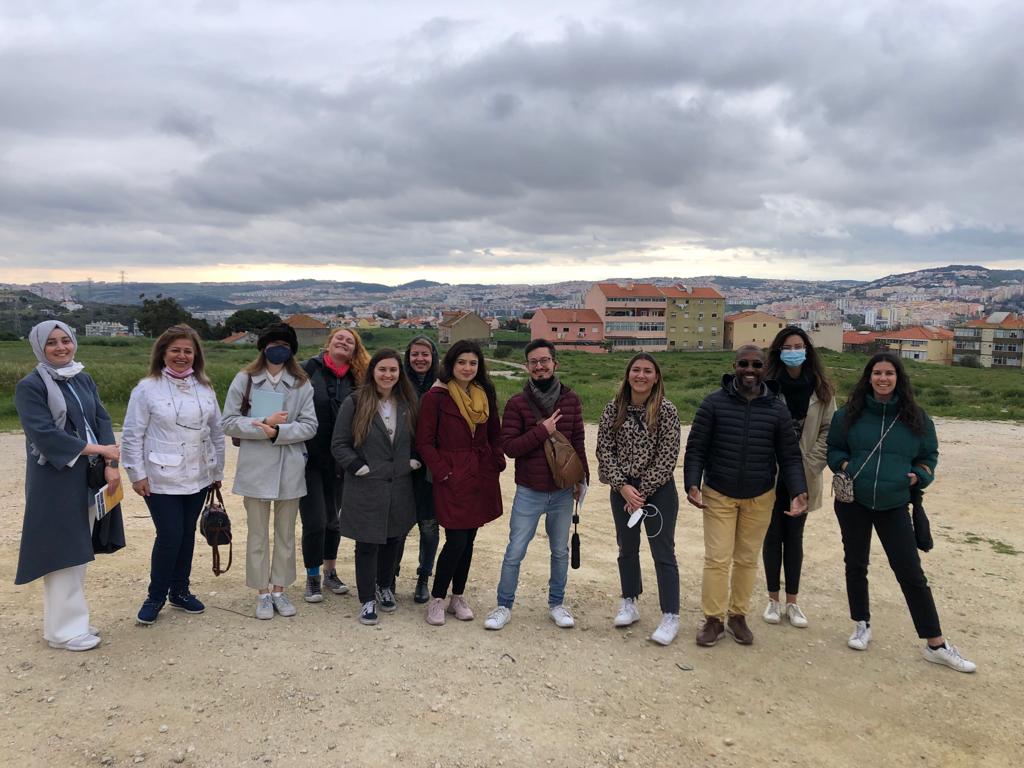
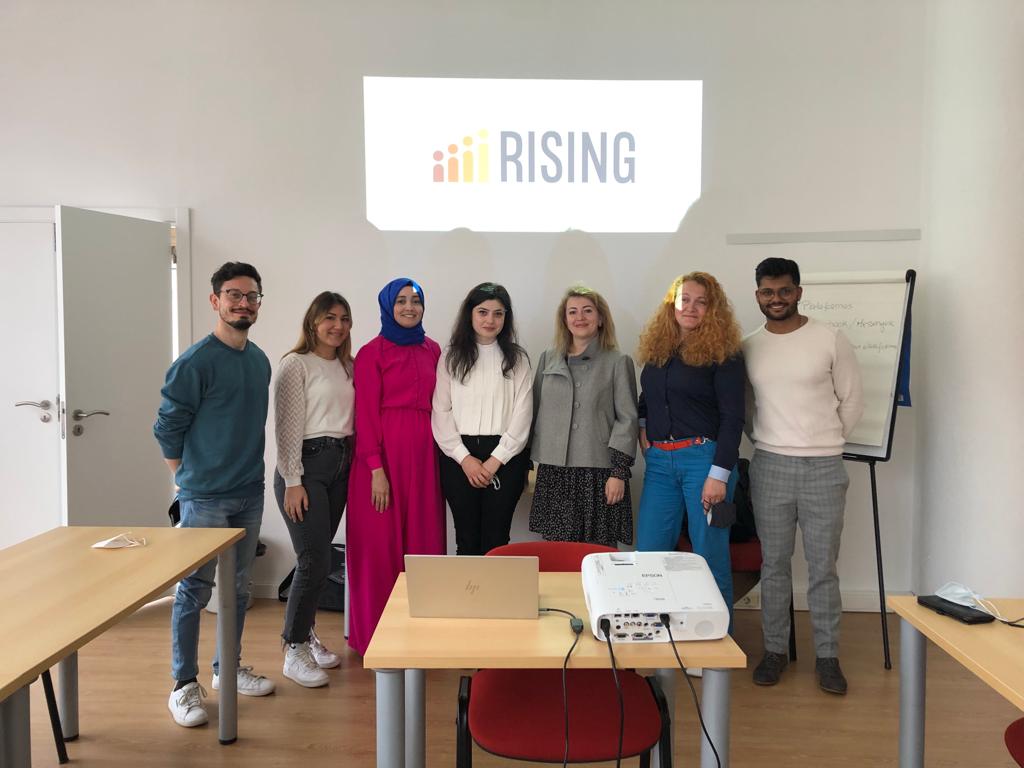
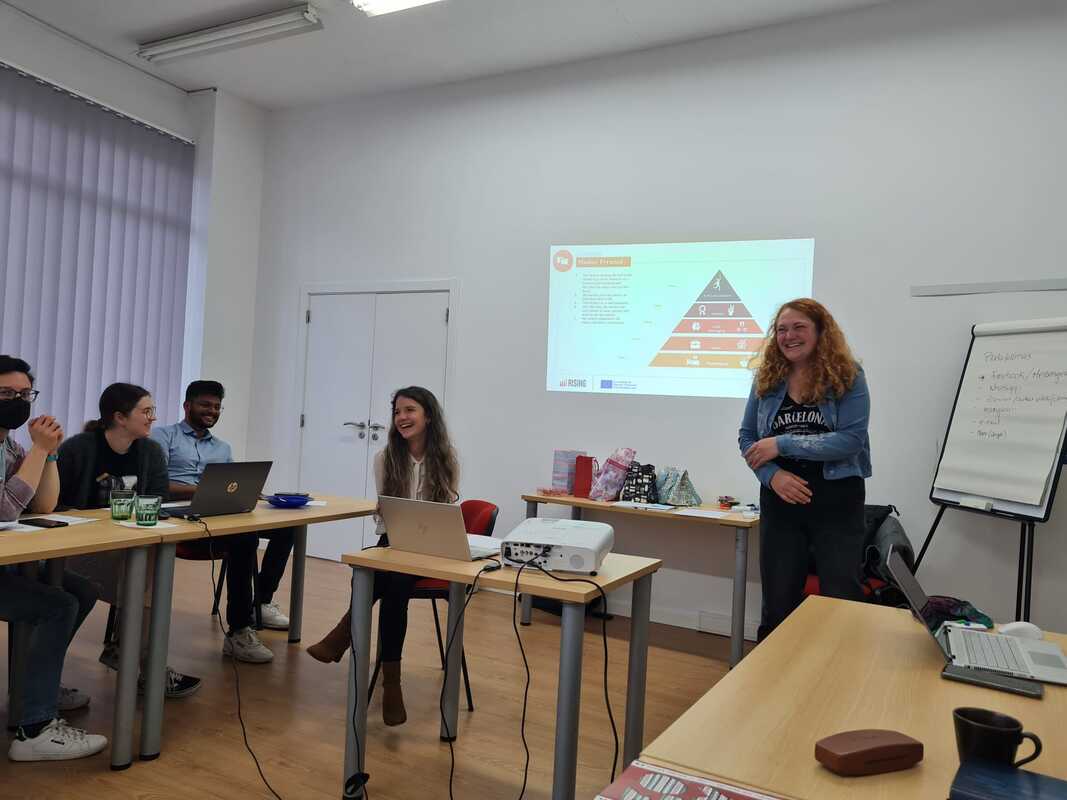
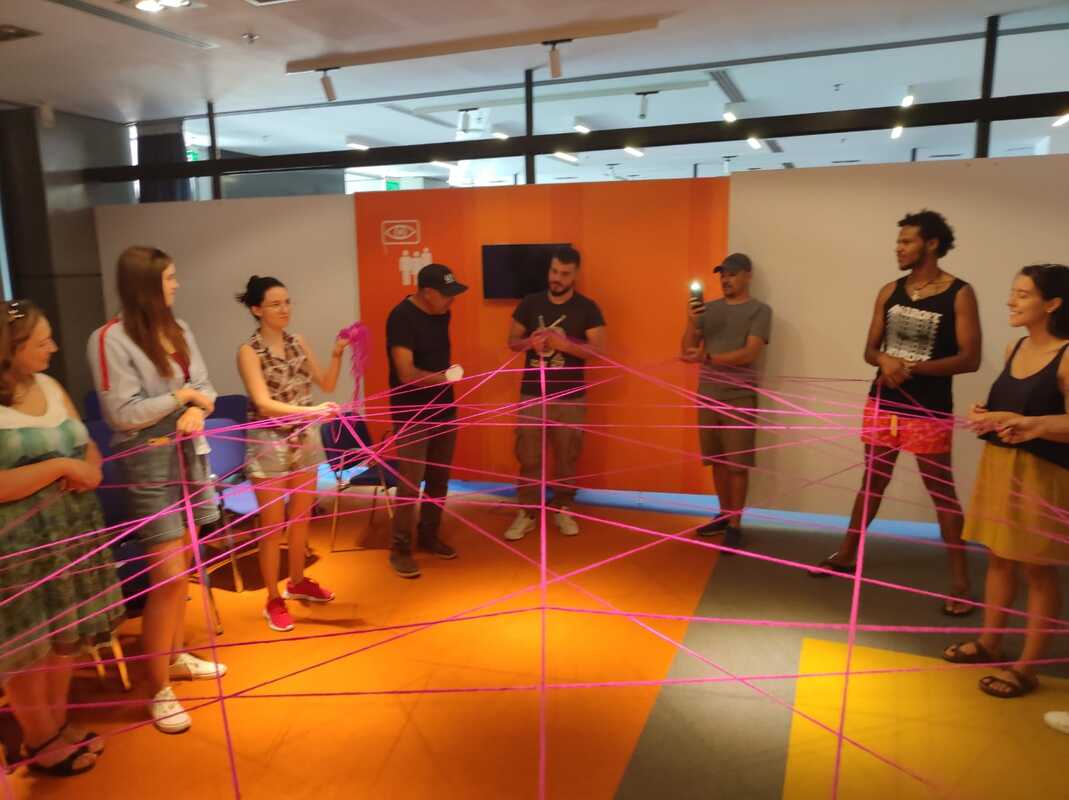
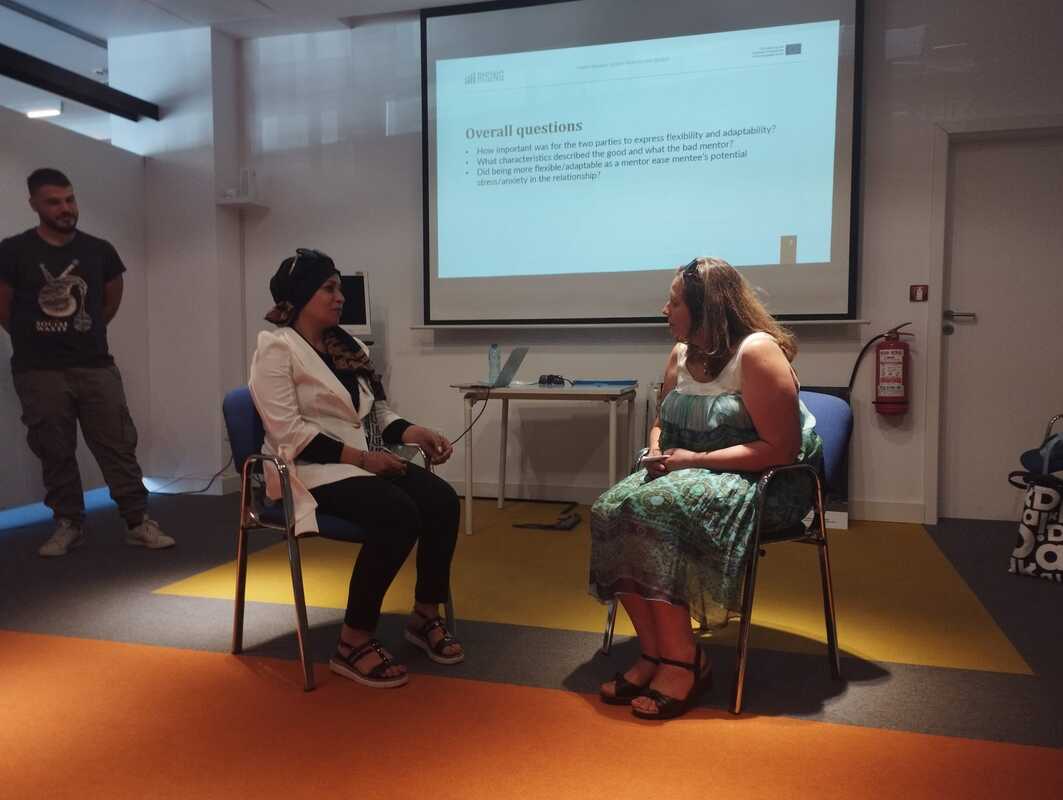
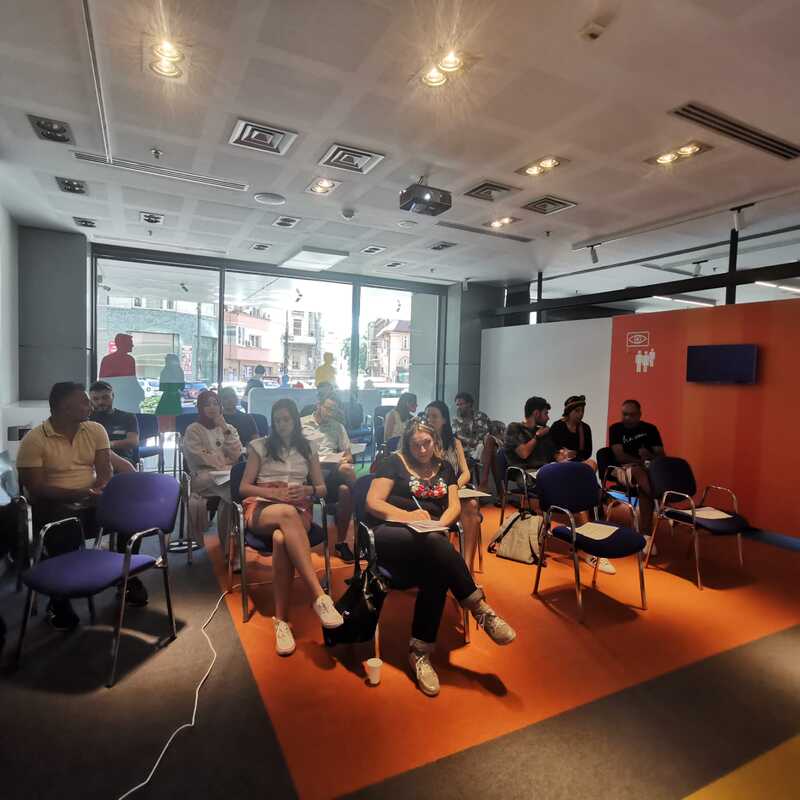
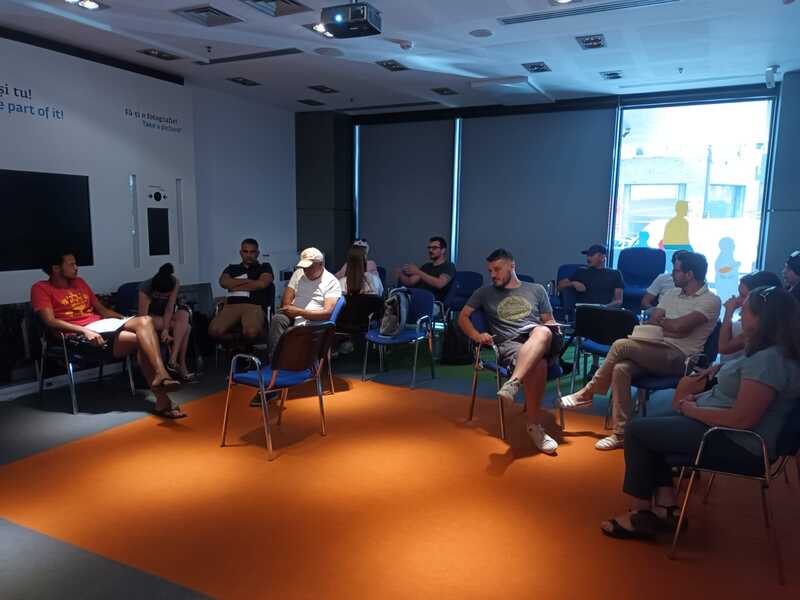
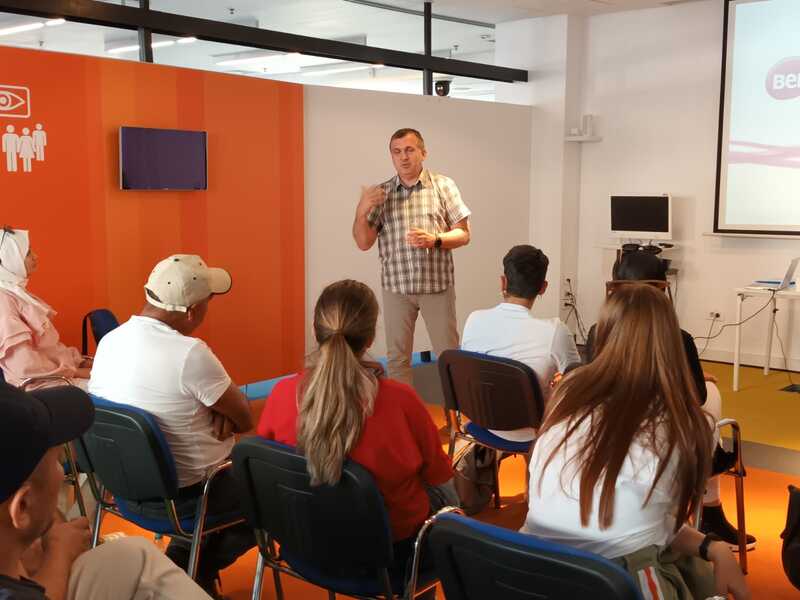
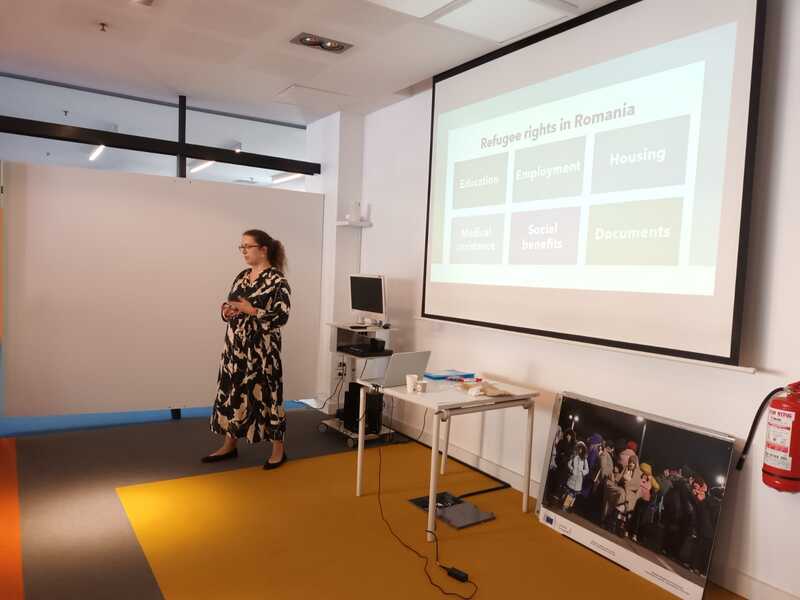
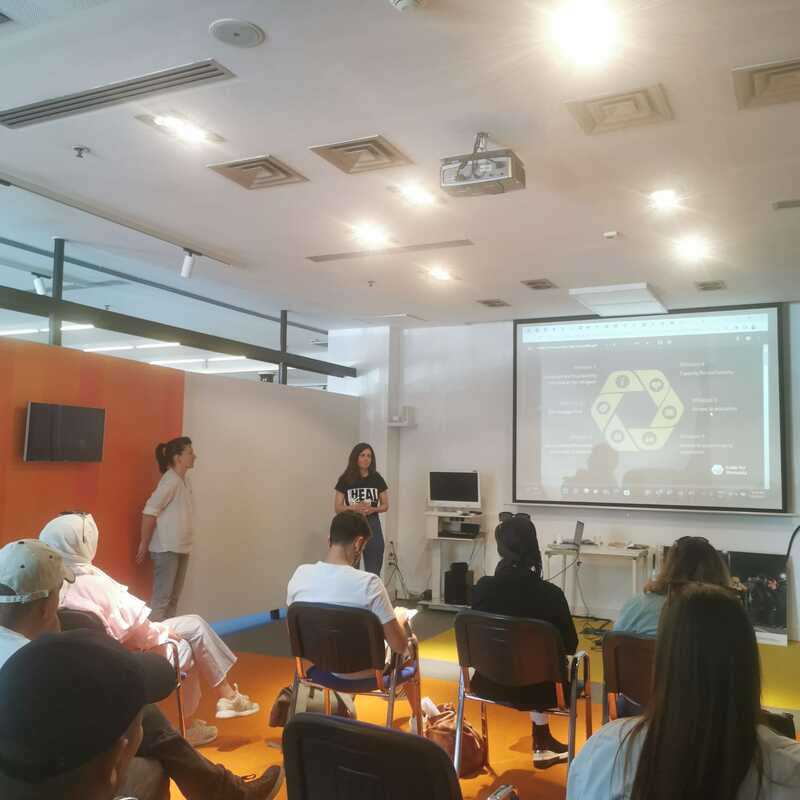
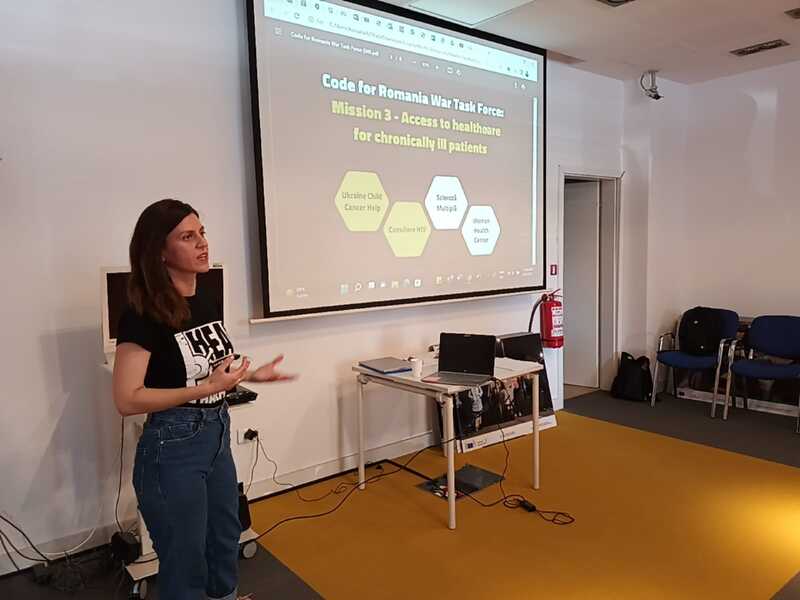
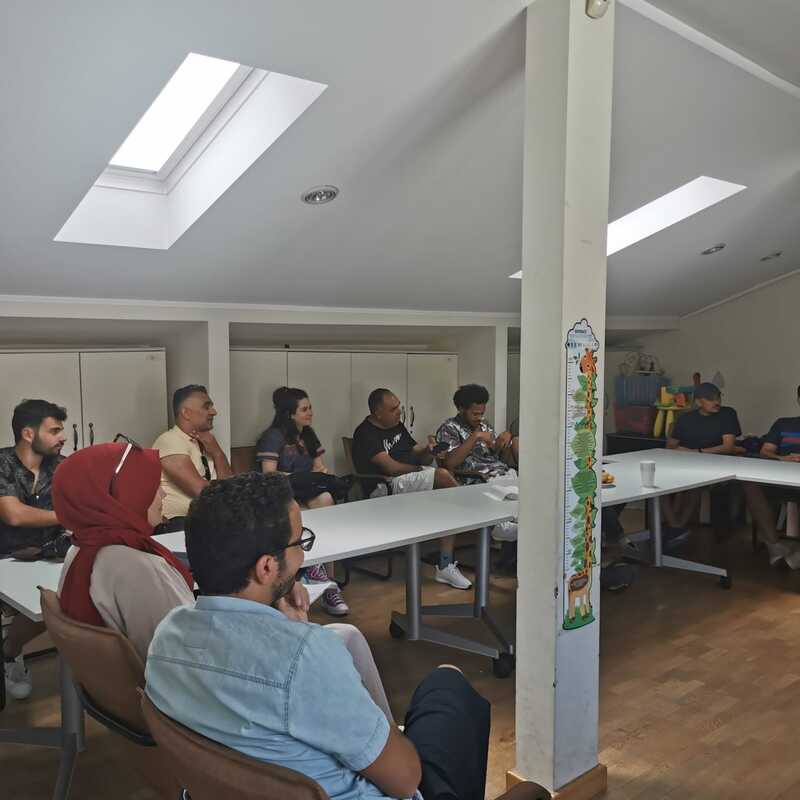
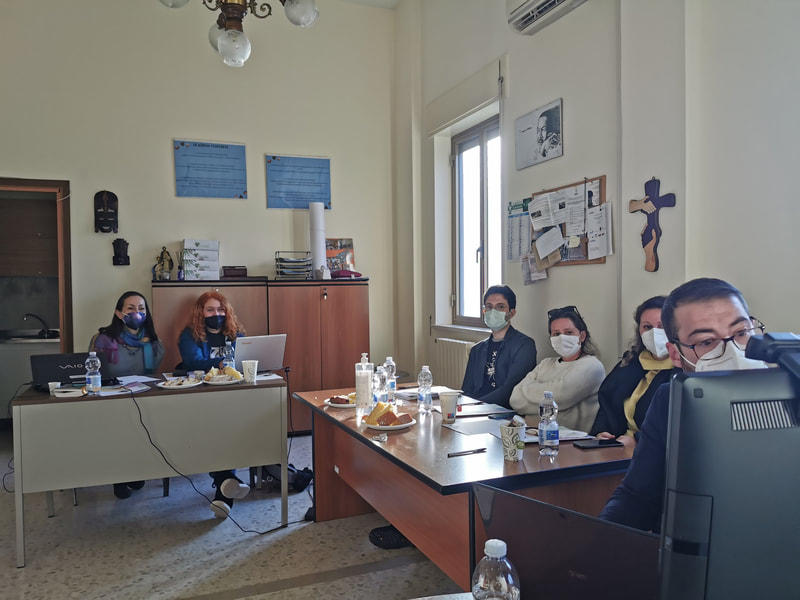
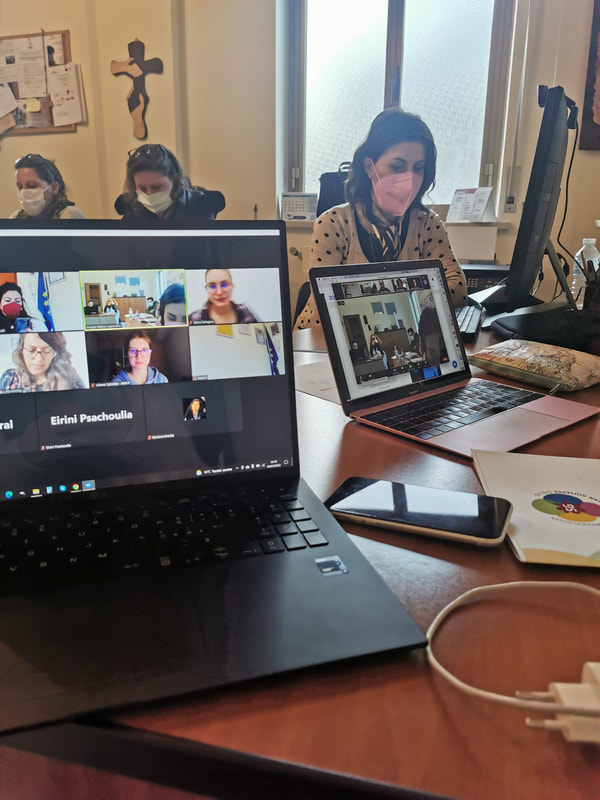
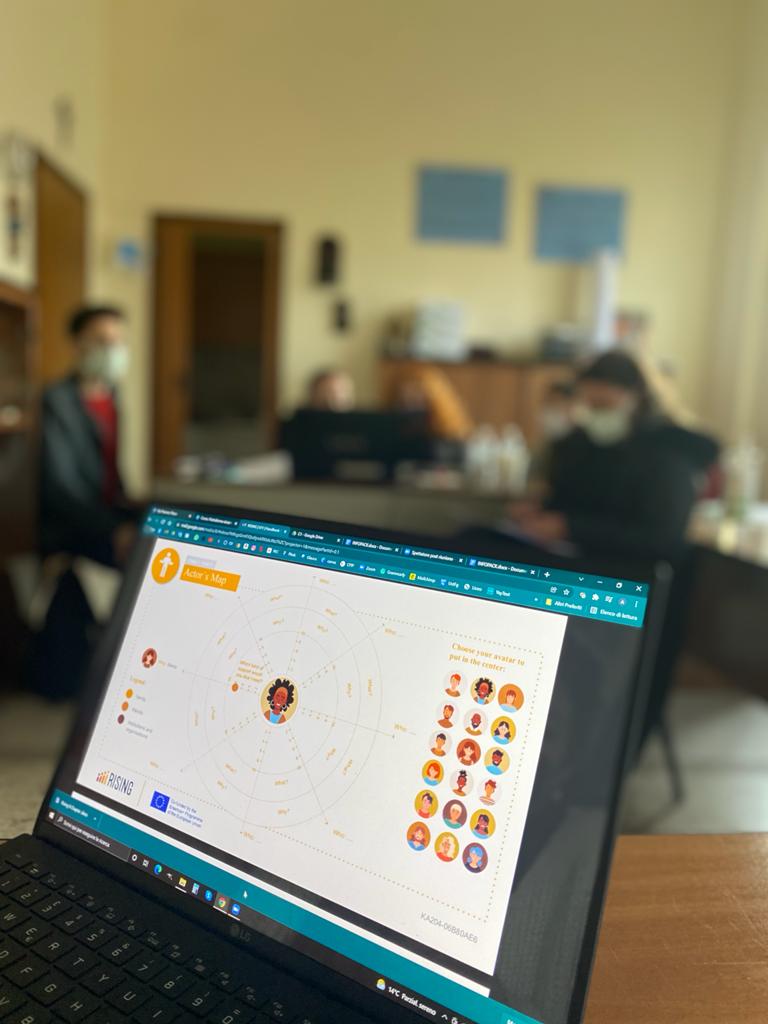
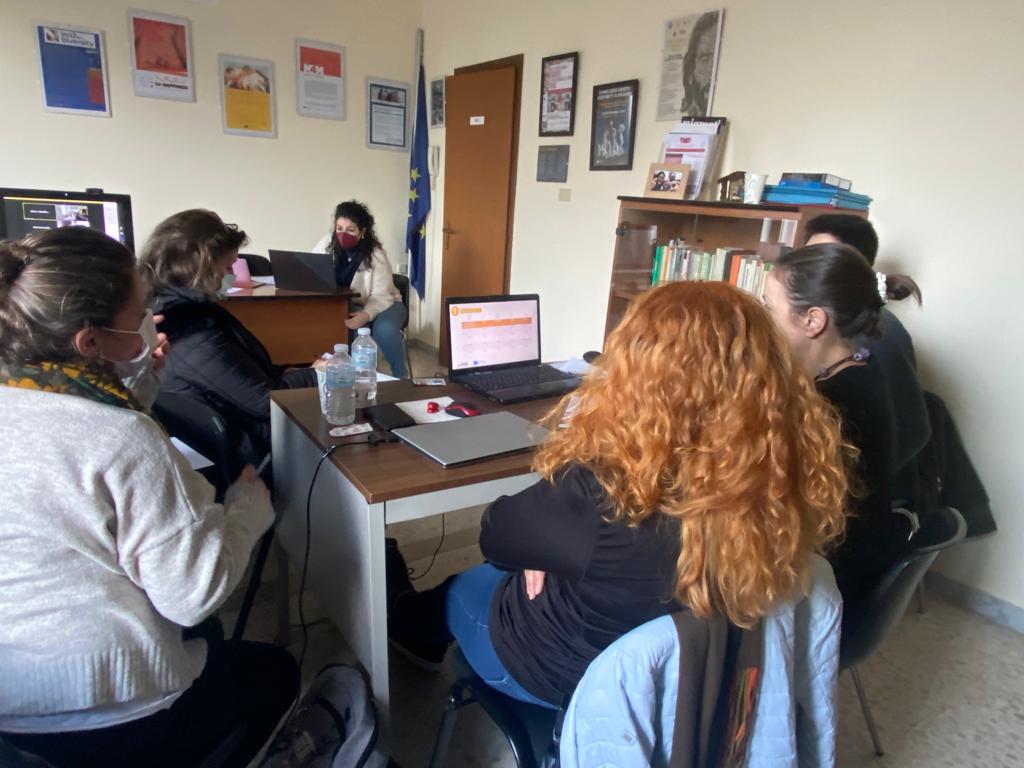
 RSS Feed
RSS Feed

